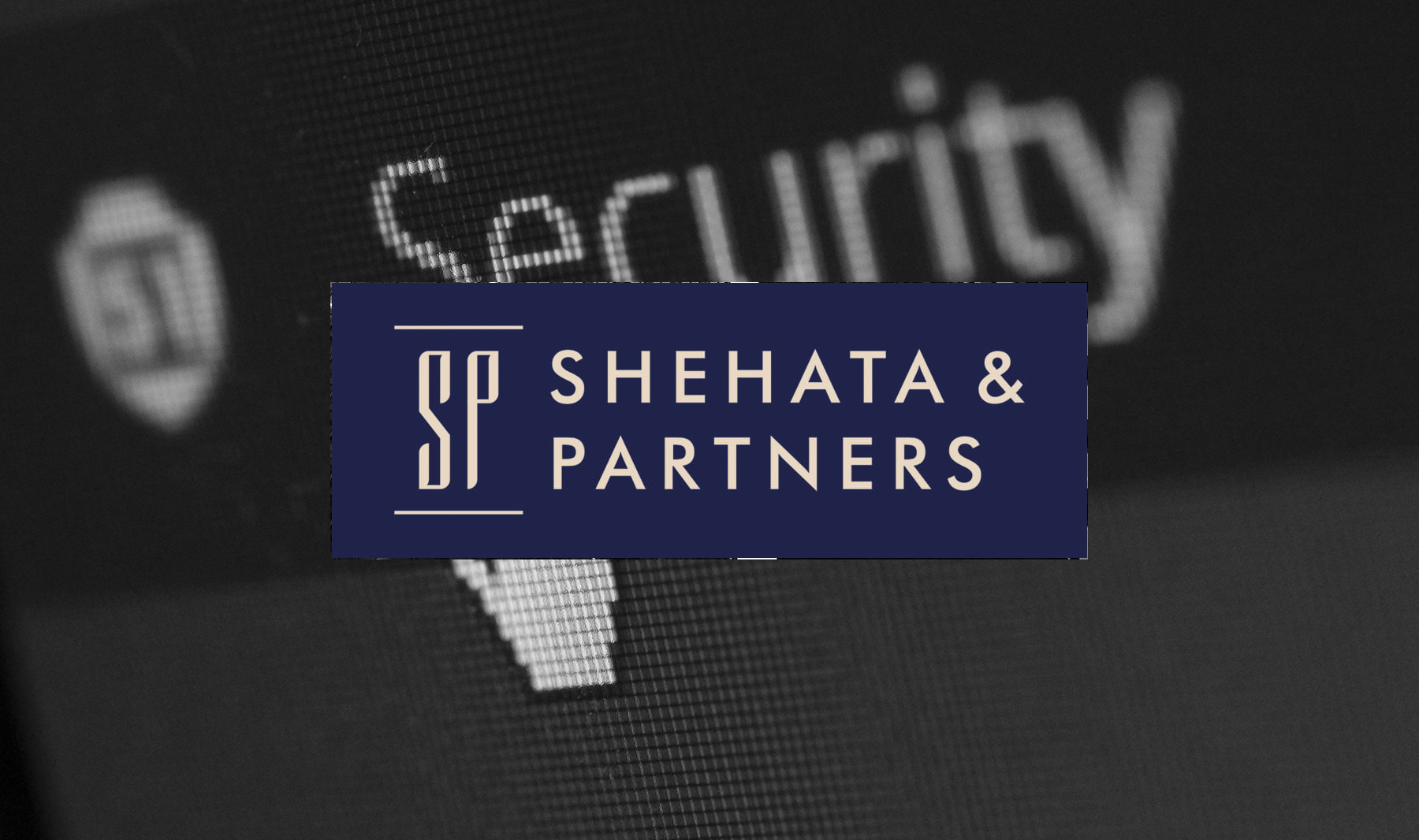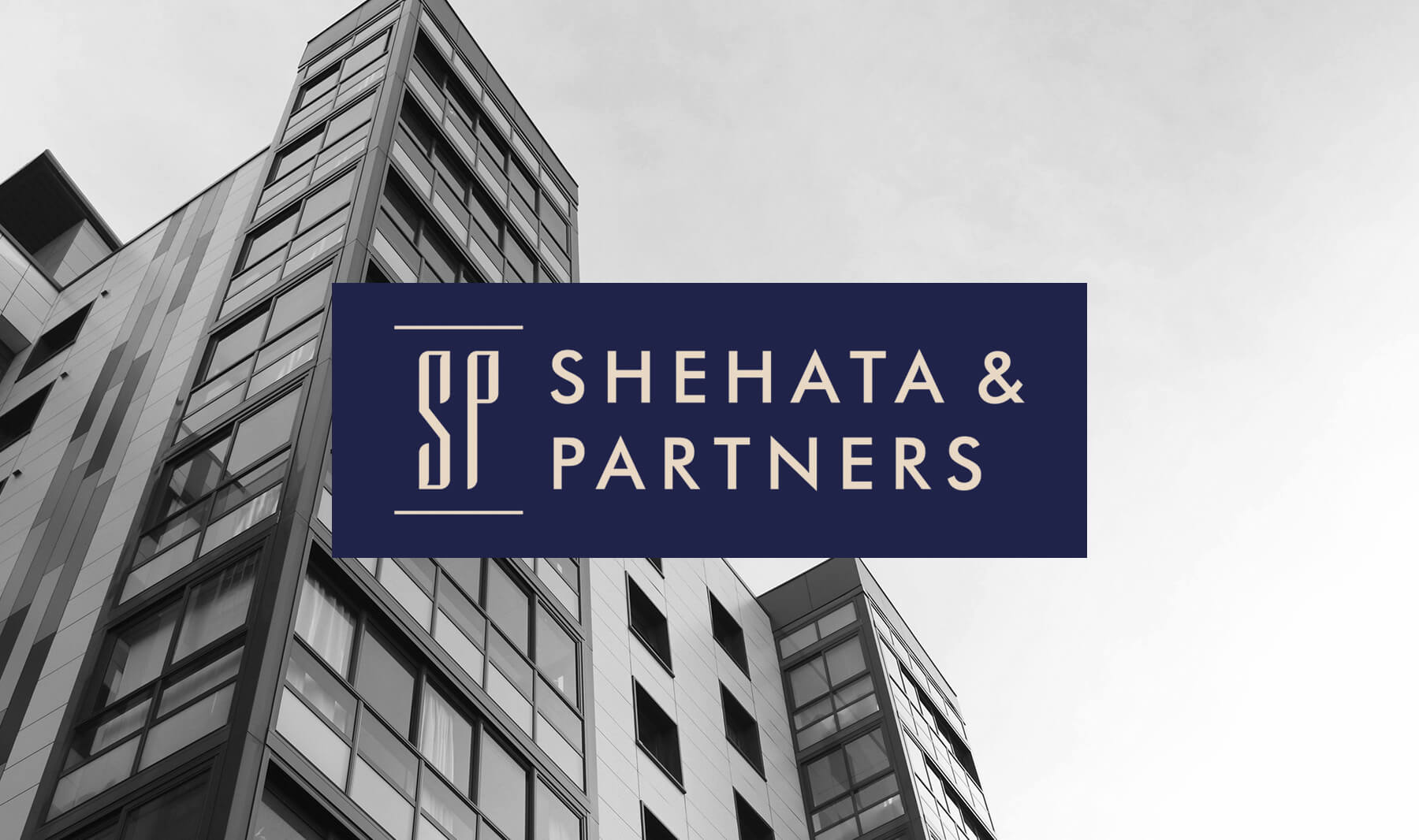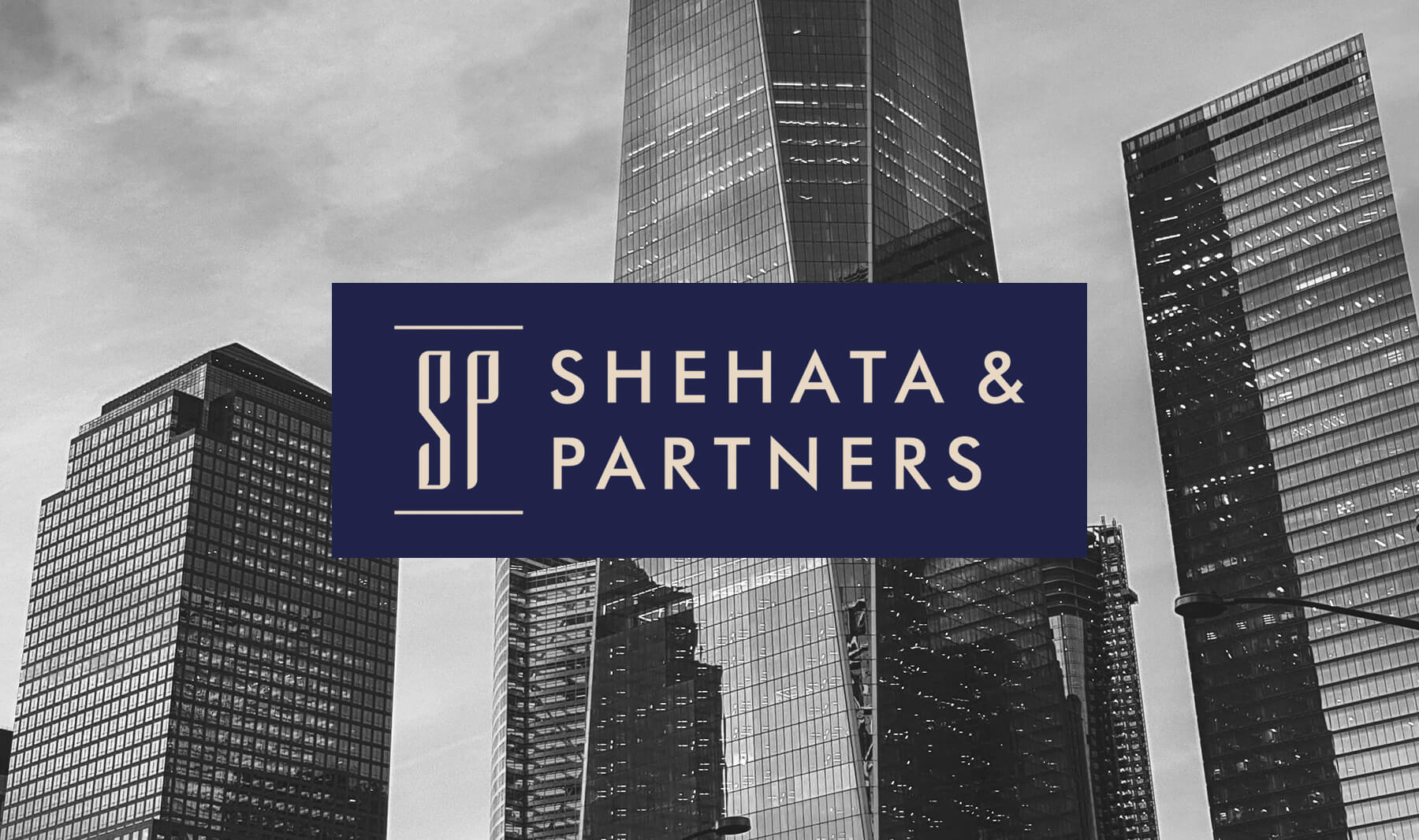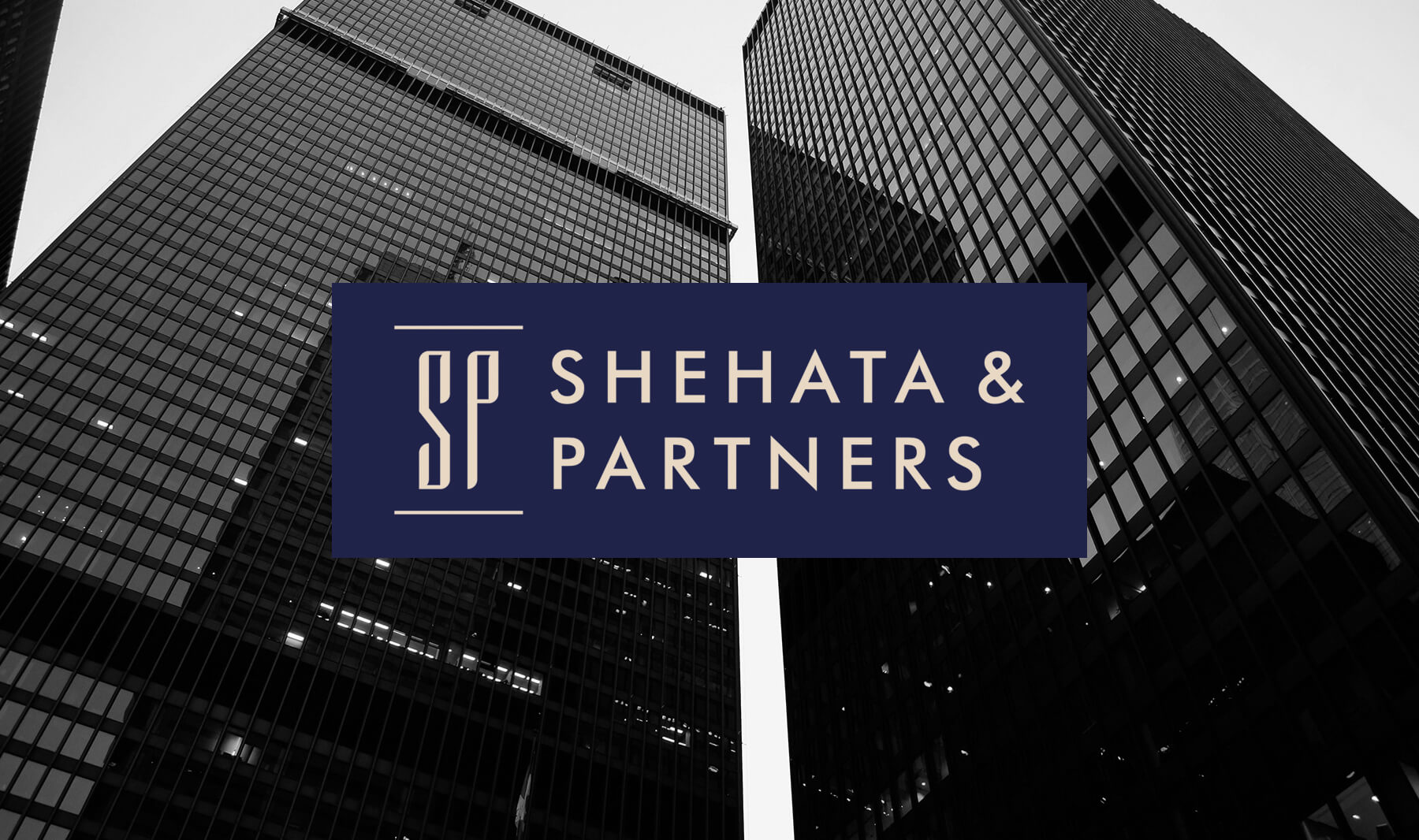Author: Tasneem El-Nagar
On the 4th of June 2023, several amendments have been introduced with respect to the requirements for establishing Private Free Zones under the Investment Law No. 72 for the year 2017 (Article (76) of the Executive Regulations).
The Amendments:
These amendments can be summarized as follows:
First: No need to check first whether there is a location available at a Public Free Zone before applying for establishing a Private Free Zone.
Second: The Minimum Capital Requirement of USD 10,000,000 has been removed.
Third: The Area Requirement for the Private Free Zone Project comprising 20,000 meters has also been removed.
Fourth: The Minimum Number of 500 Employees has been removed as well.
Fifth: The Local Component Requirement of 30% does not need to be complied with at the time of establishment of the Private Free Zone. In this regard, the Private Free Zone can comply with such a requirement within a maximum period of three (3) years from the date of establishing such a Private Free Zone Project.
The above amendments mean that the core requirement for establishing a Private Free Zone is basically the export of a minimum of 80% of the production of such a Project.
Further, another article has been issued concerning the establishment of a Private Free Zone for the Services Industry. The creation of such a Private Free Zone does not need to be in compliance with the conditions for establishing a Private Free Zone under the Law (i.e., the main requirement now is the export of a minimum of 80% of the production).
Private Free Zones Tax & Customs Exemptions:
These are definitely encouraging amendments that could pave the way for more industries to come to Egypt and establish a Private Free Zone taking advantage of its tax and customs incentives. In particular, a Private Free Zone will enjoy the following exemptions:
- All capital assets and production requirements for carrying out the project activities (excludingֺ passenger cars) are exempt from custom duties, sales taxes and any other taxes throughout the project period, even if the nature of the activity necessitates its temporary presence outside the free zone.
- The project’s exports and imports are exempt from custom duties and taxes, whether sales taxes or other taxes or fees applicable within Egypt.
- The project and its profits are not subject to any taxation or customs laws or legislations applicable in Egypt throughout the project period.
- Project imports and exports are not subject to customs procedures or regular importation rules applicable in Egypt.
- Project supplies from the local market are exempt from VAT.
- Goods in transit, with a fixed destination, are exempt from the payment of any fees imposed on goods in transit according to the following conditions:
- The project falls under the custom office’s jurisdiction.
- The final destination of the goods is determined in the bill of lading and the invoice.
- Local components of goods produced by free zone projects are exempt from custom duties in case of sale in the local market (inside Egypt).
Shehata & Partners has recently assisted a Japanese Conglomerate in the Automotive Industry on establishing a Private Free Zone in Egypt.







